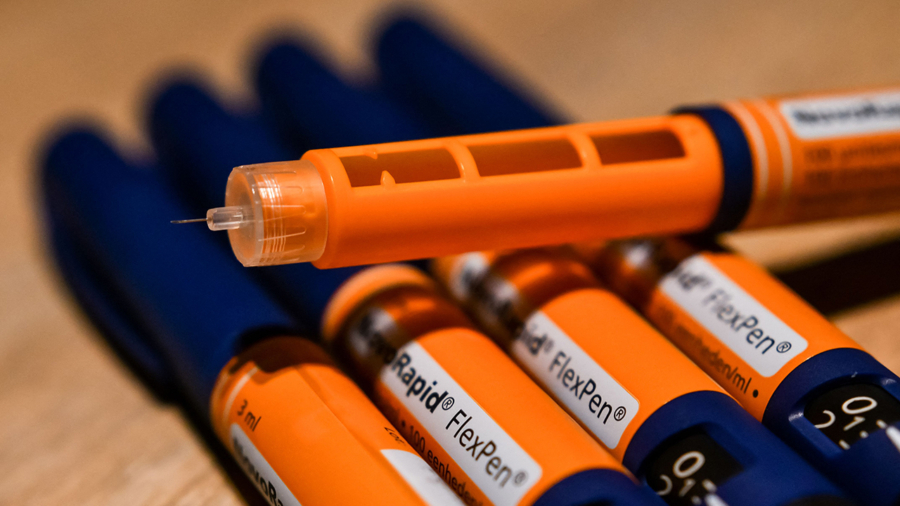A new study on type 2 diabetes has found a promising new treatment that could eliminate the need for insulin therapy, according to researchers from United European Gastroenterology (UEG) presented at UEG Week 2024.
The new treatment uses a procedure called ReCET (Re-Cellularization via Electroporation Therapy) and a drug called semaglutide. In the study, 86 percent of patients were able to quit insulin injections using the treatment, researchers reported in a press release last week.
The drug, injected during a single endoscopic treatment, could potentially allow patients to be free of daily maintenance that’s required for current treatments that require insulin, according to the findings.
According to the study’s researchers, type 2 diabetes affects 422 million people worldwide and is more common among overweight individuals. While insulin is commonly used to manage blood sugar levels, it can lead to side effects like weight gain, further complicating the disease, they said.
The first study using human volunteers involved 14 people who were between the ages of 28 and 75, and of varying body mass indexes. Each volunteer underwent the ReCET procedure under sedation and then followed a two-week liquid diet before the gradual introduction of the study drug.
Celine Busch, the study’s lead author, said the results were promising and could eliminate the need for insulin injections.
“These findings are very encouraging, suggesting that ReCET is a safe and feasible procedure that, when combined with semaglutide, can effectively eliminate the need for insulin therapy,” she said.
The treatment was well-tolerated, with 93 percent of participants able to reach the maximum dosage of the drug. Among them, just one person was unable to take the maximum amount due to nausea and no serious adverse effects were reported during the study, according to the researchers.
At the 6-month follow-up appointment 86 percent of the participants no longer required insulin to treat their diabetes which continued through the 12- and 24-month follow-ups, according to the study.
Busch said the new treatment offers advantages over current insulin therapy, such as far less “patient adherence” compared to the current approach, which often involves insulin dosages multiple times weekly and can be life threatening if a dosage is missed.
“Unlike drug therapy, which requires daily medication adherence, ReCET is compliance-free, addressing the critical issue of ongoing patient adherence in the management of [Type 2 Diabetes],” she said.
She also said the new method reduces a patient’s sensitivity to their own insulin, “tackling the root cause of the disease,” which bests current approaches that just control the disease.
The ReCET procedure, as described by UEG, is an endoscopic treatment that uses electroporation to ablate the duodenal mucosa. This process creates small, irreversible holes in cell membranes, leading to controlled cell death without generating heat or damaging deeper wall layers.
The “precise mechanism” behind the effect is still under investigation but the results have shown it does reduce the body’s sensitivity to insulin, an advantage over current treatment.
Looking ahead, the research team plans to look at larger randomized controlled trials to validate their findings.
Busch mentioned an ongoing study called EMINENT-2, which will involve test subjects who will receive the study drug and those who will receive a placebo, which she said will provide further insights into how ReCET works.
The potential impact of this treatment could be significant for the millions of people living with type 2 diabetes, who are prone to insulin side effects. Over time, the body’s cells develop resistance to insulin, which can lead to high blood sugar levels and lack of energy absorption. Other side effects of insulin resistance include fatigue, frequent urination, constant hunger, blurred vision, and excessive thirst, according to experts.
By potentially eliminating the need for insulin therapy, it could address both issues of medication adherence and the side effects associated with insulin.

